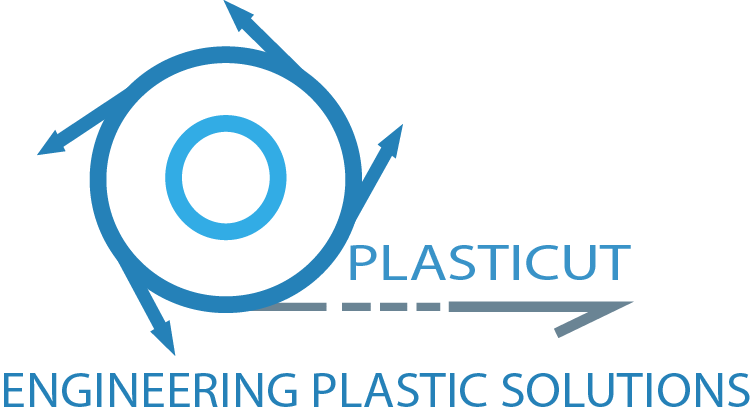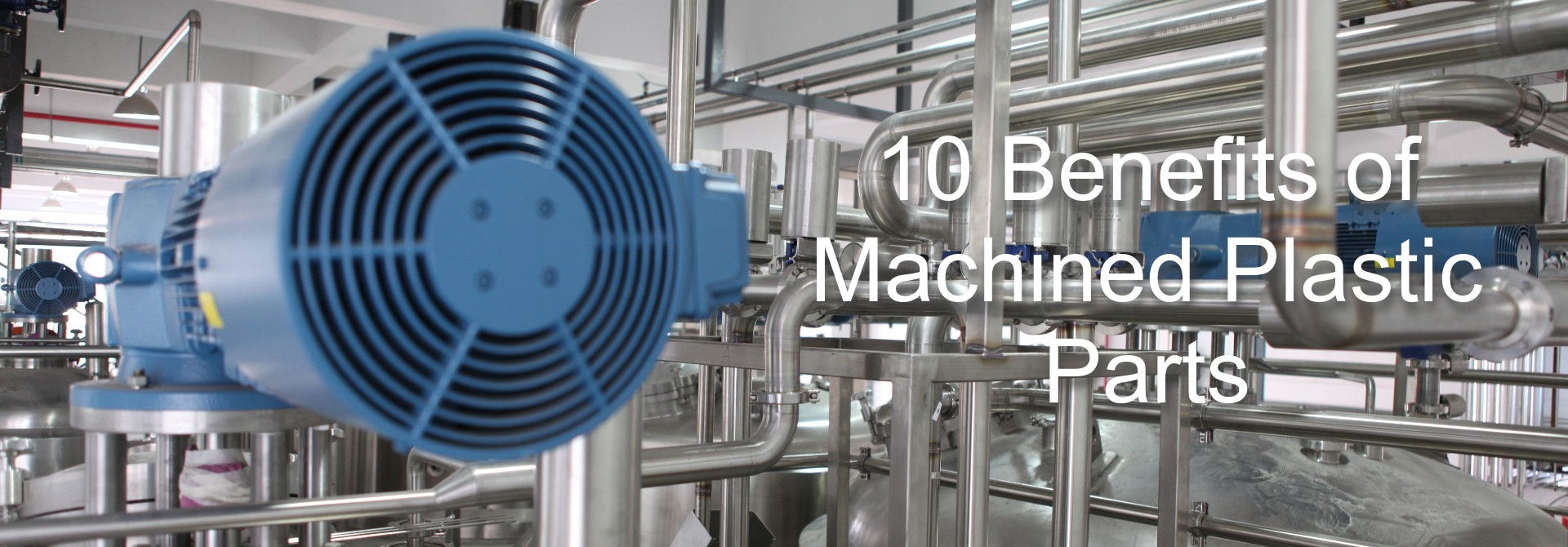Unleashing the Power of Machined Plastic Parts
Plastic, a remarkably adaptable material, has become a staple in industries such as electronics, packaging, and transportation. While some may believe that metal is the superior choice for these applications, they might be surprised to learn that machined plastic parts often outshine their metal counterparts! Let’s explore 10 reasons why machined plastic parts truly excel in comparison to metal.
10 Benefits of Machined Plastic Parts
Weight: Plastic parts produced through machining are significantly lighter than metal parts, making them ideal for applications where weight reduction is critical.
Durability: Plastic parts produced through machining are highly durable and can withstand a range of environmental factors, including temperature, pressure, and chemical exposure.
Customisation: Machining allows for a high degree of customisation, enabling the production of unique shapes and features that would be difficult or impossible to achieve with metal.
Consistency: Machining is a highly consistent manufacturing process, ensuring that the same high-quality plastic parts are produced every time.
Cost-effectiveness: While machining is not always the cheapest option, it can be highly cost-effective in the long run. With its high accuracy and versatility, machining can reduce waste and increase efficiency, leading to overall cost savings.
Corrosion resistance: Plastic parts produced through machining are highly resistant to corrosion, making them ideal for applications where exposure to moisture or other corrosive substances is a concern.
Electrical insulation: Plastic is an excellent insulator, making it ideal for applications where electrical conductivity is a concern.
Noise reduction: Plastic parts produced through machining are often quieter than metal parts, making them an ideal choice for applications where noise reduction is critical.
Radiolucency: In high-stress, precision-critical industries, radiolucent plastics outperform metals by allowing safe radiant energy passage and clear visibility, reducing obstruction and error potential in delicate operations.
Chemical Resistance: Uncoated metal parts struggle with chemical resistance, while polymer materials like plastic withstand harsh chemicals, enhancing durability and cost-effectiveness in chemically intensive industries.
Applications of Machined Plastic Parts
Machined plastic parts have a wide range of applications across various industries. Here are some of the most common applications:
Aerospace and Defence: The aerospace and defence industries require high-quality, durable parts that can withstand extreme conditions. Machined plastic parts are an ideal choice for these applications, as they are lightweight, durable, and can be customised to meet the specific needs of each project.
Medical and Pharmaceutical: The medical and pharmaceutical industries require parts that are safe, reliable and precise. With their high accuracy, consistency and durability, machined plastic parts easily meet these requirements. They are often used for medical devices, laboratory equipment and drug delivery systems.
Electronics and Electrical: The electronics and electrical industries require parts that are precise, reliable and resistant to heat and corrosion. With their high precision and ability to withstand a range of environmental factors, machined plastic parts fulfil these needs.
Automotive: The automotive industry requires parts that are lightweight, durable and cost-effective. With their ability to reduce weight, increase fuel efficiency, and withstand harsh environmental conditions, machined plastic parts are ideal for this industry.
Packaging: The packaging industry requires parts that are customisable, durable and cost-effective. With their ability to be tailored to specific packaging needs, withstand transportation and storage, and reduce waste, machined plastic parts make the ideal packaging material.
Choosing the Right Machining Process
When it comes to machining plastic parts, various processes can be used, including CNC machining, manual machining, and injection moulding. The choice of process depends on the specific needs of the project, including the size and complexity of the part, the required tolerances and dimensions, and the number of parts needed.
CNC machining is often the preferred option for high-precision, complex parts that require tight tolerances and dimensions. This process involves the use of computer-controlled machines to cut and shape the plastic material to the desired shape and size.
Manual machining, on the other hand, is often used for simpler parts that require less precision. This process involves the use of manual tools, such as lathes and mills, to shape and cut the plastic material. Injection moulding is another option for producing plastic parts. This process involves injecting molten plastic into a mould to create the desired shape and size. It’s often used for large-scale production runs.
At our plastic manufacturing company, we help you choose the right machining process for your specific needs. Our experienced team guides you through the entire process, from design to production.
Call us today!
Whether you need a custom design, repair or a specialist plastic engineering service, Plasticut provides the expertise and solutions you need. Contact us today to learn more about how we can help your business achieve its goals with custom plastic fabrication.

